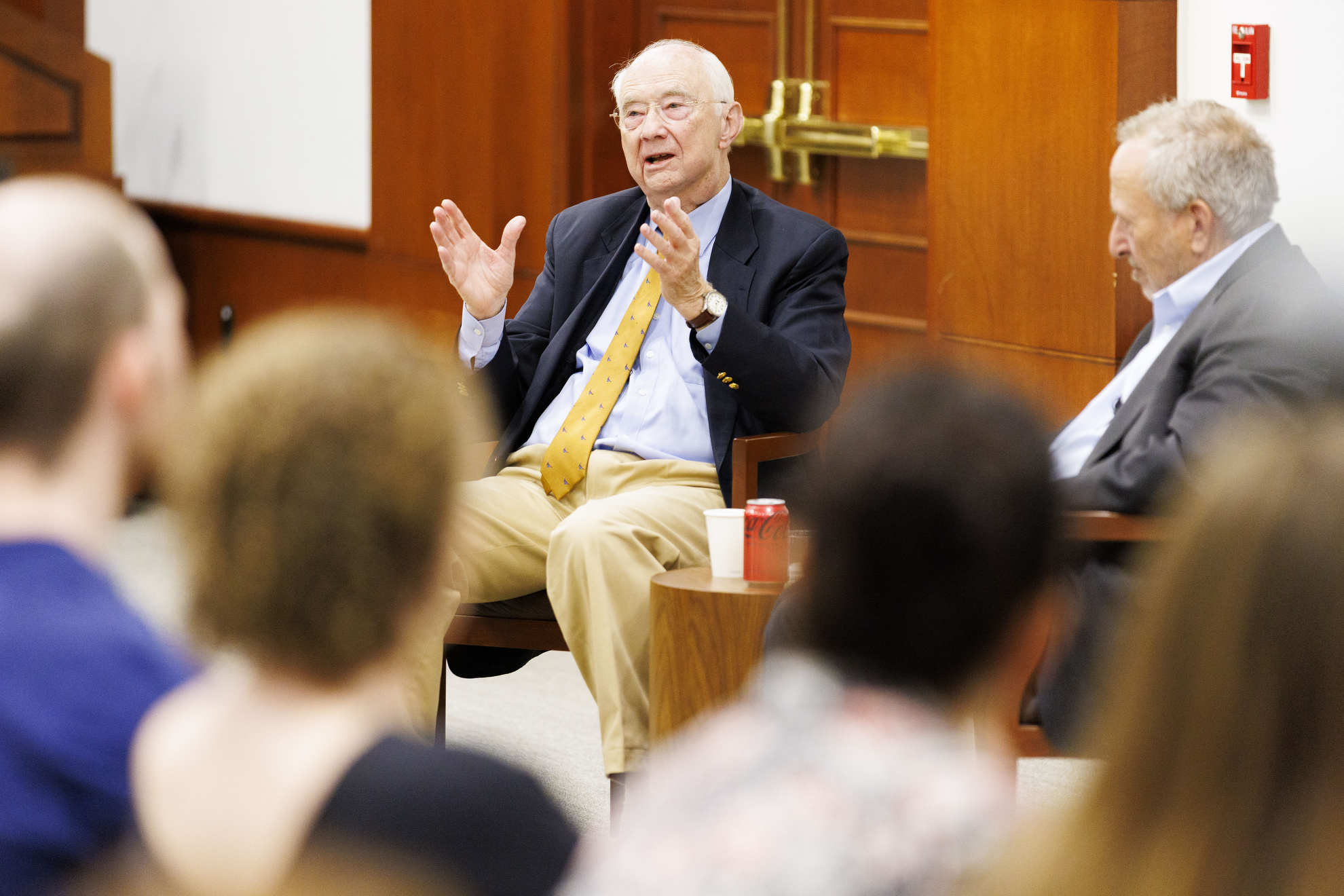
"There's nothing inherently wrong with unequal distribution of income or wealth in the nation, according to Phil Gramm, former veteran U.S. legislator and economist. The problems arise when the federal government tries to engineer a level playing field, whether through blunt corporate anti-trust regulations or through assistance programs for the poor, said the Texas Republican, who spent about three terms each in the House and Senate, during a talk last Tuesday at Harvard Kennedy School."
"People have different aptitudes and interests, different levels of energy, and inequality is a natural occurrence of competition. I'm not upset by inequality," Gramm told Harvard economist Larry Summers during a conversation about economic policy."
"The debate over income and wealth inequality has been shaped by progressive critics, such as French economist Thomas Piketty, who often overstate the gap between rich and poor by only considering earned income and ignoring the value of benefits most lower-income individuals receive from the government, like Medicaid or food stamps, Gramm argued."
Unequal distribution of income and wealth reflects natural differences in aptitudes, interests, and energy and should not be viewed as inherently wrong. Government attempts to engineer equal outcomes through corporate anti-trust rules or assistance programs can create problems and distort markets. Common measures of inequality can overstate gaps by excluding the value of government benefits such as Medicaid, food stamps, and refundable tax credits. Reinterpretations of key economic periods can be influenced by policy biases, suggesting caution when using conventional inequality metrics to shape broad redistributive policies.
Read at Harvard Gazette
Unable to calculate read time
Collection
[
|
...
]